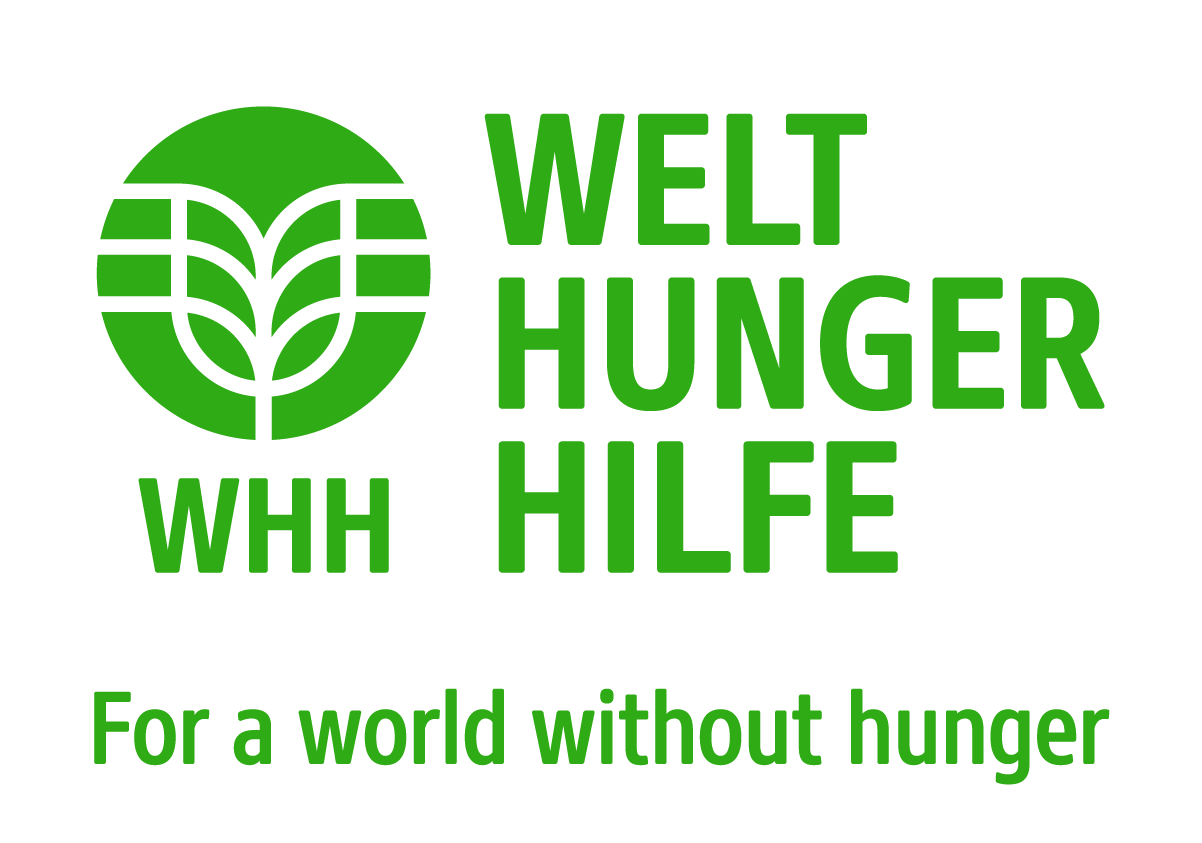Making Agriculture Attractive
Making Agriculture Attractive: Promoting Economic Prospects for Syrian and Turkish families through agriculture and social cohesion!
The southeast of Turkey is an area dominated by the agricultural sector due to its fertile soil and good weather conditions. It’s home of millions of pistachios and olive trees. There, a large number of families live from agriculture and agro-processing business. For many Syrian families, often small-scale farmers back in Syria, the agricultural sector also provides their source of income. Welthungerhilfe as an organization with a lot of organizational experience and knowledge in the sector, started its first agricultural projects in the region in 2017 to support Syrian and Turkish farming families through the introduction of modern cultivation methods. Its experts provided trainings in product marketing to ensure the families are able to sell their crops to a fair price.
In 2020, Welthungerhilfe and GIZ teamed up, to combine the both organizations resources and knowledge to better invest in local assets and encourage more Syrian and Turkish families to discover agricultural business as a profitable and sustainable source of income.
High demand for jobs in the border region
The still ongoing conflict in Syria has caused 3.6 million Syrians to flee their homes to Turkey. The country currently hosts the highest number of refugees worldwide, which results in immense social and economic challenges. Many Syrian families reside in provinces close to the border of their home country such as Mardin, Gaziantep and Hatay. The last two are among the top 10 provinces with the highest number of Syrian refugees. Here, Syrians face great challenges in securing their basic needs due to lack of jobs and skill as well as the still existing language barriers. However, the area provides huge opportunities in the agricultural sector for both Turkish and Syrian families. Welthungerhilfe will demonstrate profitable ways to invest in local assets and provide access to trainings and language courses that will lead to jobs and business opportunities. This will provide an opportunity for both communities to work closer together and ultimately improve their socio-economic situation. Furthermore, Syrians can play an active role and contribute to the economic growth of the region.
Caglar Yetiskin, Head of Project at Welthungerhilfe
“Based on the experience, lessons learned, and developed capacities gained through an already successfully implemented agricultural project in Southeast Turkey, we have been able to develop an even larger and more comprehensive project. This project aims to sustainably improve the livelihoods of participating Turkish and Syrian households through income-generating activities in agriculture and agro-production, with a focus on social cohesion and promoting the role of women through production-based cooperatives, Turkish language courses, and recreational activities. We work to strengthen the resilience of these families and achieve tangible results that will inevitably make a real difference and touch people's lives.”
The benefits of social and economic cohesion:
Many families do not experience agriculture as a profitable source of income, as their rather small harvest cannot compete with the huge quantities of vegetables and fruit that large corporations offer at dumping prices locally. As a result, many families are unable to sell their crops and thus cannot make ends meet despite the hard work they put into their products. Farming households also struggle to raise enough money to invest in more efficient irrigation systems, fertilizers and seedlings to make their business more profitable. Working together in a business helps families produce and sell crops. Following this principle, Welthungerhilfe and GIZ will support Syrian and Turkish mushroom farmers to establish cooperatives to increase their market power and compete with large corporations. The income they generate as a cooperative through the collective sale of their harvest not only secures their financial needs, but also enables them to buy the agricultural inputs they need. In order to make the best possible profit from their cooperative, the families are also trained in modern farming techniques and attend further workshops in food processing and packaging so that they can incorporate these services into their business.
Özlem Açıkgöz, Cooperative Officer at Welthungerhilfe.
“We care about women's participation in production and economic life and believe that they are crucial actors for achieving success in cohesion.”
Promoting economic prospects for farmers
This project presents real economic prospects in the agricultural sector for both the local Syrian refugee community and the host society and makes the cultivation of vegetables and fruit an attractive business and employment field. With financial support from BMZ and in partnership with GIZ, Welthungerhilfe will support more than 500 Syrian and Turkish families in Hatay, Mardin and Gaziantep provinces interested in open-land agriculture by providing land, agricultural inputs and training in modern farming techniques and marketing methods. In addition, Welthungerhilfe will be one of the first organizations to support more than 100 farmers not only with land, training and agricultural inputs, but also establish three cooperatives to ensure that farmers receive real and sustainable benefits from their business and employment and serve as role models for others.
